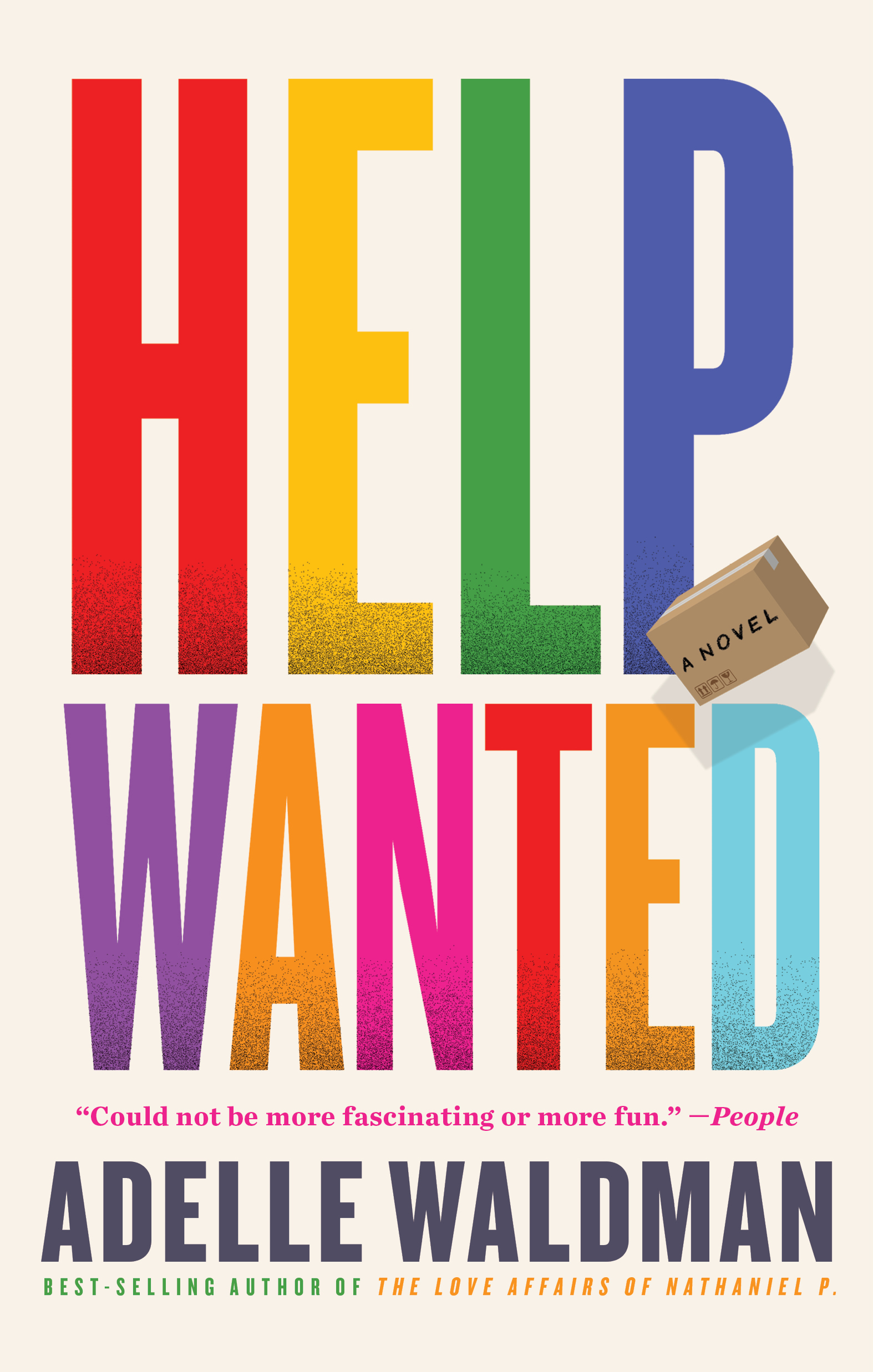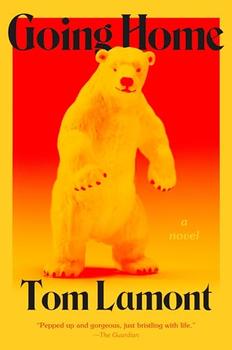Summary | Excerpt | Reviews | Beyond the Book | Readalikes | Genres & Themes | Author Bio

A Novel
by Alan FurstExcerpt
Mission to Paris
In the 1930s, the Nazi government of Germany, bitterly
resentful at having lost the 1914 war, determined to
destroy its traditional enemy, France. Force of arms lay
in the future, but a small bureau in the Reich Foreign
Ministry undertook operations to weaken French morale
and degrade France's will to defend herself. This strategy,
using ancient and well- proven methods, was known as
political warfare.
In Paris, the evenings of September are sometimes warm, excessively
gentle, and, in the magic particular to that city, irresistably
seductive. The autumn of the year 1938 began in just such weather
and on the terraces of the best cafés, in the famous restaurants, at
the dinner parties one wished to attend, the conversation was, of
necessity, lively and smart: fashion, cinema, love affairs, politics,
and, yes, the possibility of war - that too had its moment. Almost
anything, really, except money. Or, rather, German money. A curious
silence, for hundreds of millions of francs - tens of millions of
dollars - had been paid to some of the most distinguished citizens of
France since Hitler's ascent to power in 1933. But maybe not so curious,
because those who had taken the money were aware of a certain
shadow in these transactions and, in that shadow, the people who
require darkness for the kind of work they do.
The distinguished citizens, had they been willing to talk about it,
would have admitted that the Germans, the political operatives who
offered the bounty, were surprisingly adept. They knew how to soften
a conscience, presented bribery as little more than a form of sophisticated
commerce, of the sort that evolves in salons and offices and the
private rooms of banks - a gentleman's treason. And the operatives
could depend on one hard- edged principle: that those who style themselves
as men of the world know there is an iron fist in every velvet
glove, understand what might await them in the shadows and so, having
decided to play the game, they will obey its rules.
Still, human nature being what it is, there will forever be somebody,
won't there, who will not.
One such, on the fourteenth of September, was a rising political star
called Prideaux. Had he been in Paris that evening, he would have
been having drinks at Fouquet with a Spanish marquis, a diplomat,
after which he could have chosen between two good dinner parties:
one in the quarter clustered around the Palais Bourbon, the other in a
lovely old mansion up in Passy. It was destiny, Prideaux believed, that
he spend his evenings in such exalted places. And, he thought, if fucking
destiny had a shred of mercy left in its cold heart he would just
now be hailing a taxi. Fucking destiny, however, had other things in
mind for the future and didn't care a bit what became of Prideaux.
Who felt, in his heart, terribly wronged. This shouldn't be happening
to him, not to him, the famously clever Louis Prideaux, chef
de cabinet - technically chief of staff but far more powerful than
that - to an important senator in Paris. Well, it had happened. As tout
Paris left for the August migration to the countryside, Prideaux had
been forced to admit that his elegant world was doomed to collapse
(expensive mistress, borrowed money, vengeful wife) and so he'd fl ed,
desperate for a new life, fi nding himself on the night of the fourteenth
in Varna, the Black Sea port of Bulgaria. Bulgaria! Prideaux fell back
on his lumpy bed at a waterfront hotel, crushed by loss: the row of
beautiful suits in his armoire, the apartment windows that looked out
at the Seine, the slim, white hands of his aristocratic - by birth, not
behavior - mistress. All gone, all gone. For a moment he actually contemplated
weeping but then his fingers, dangling over the side of the
bed, touched the supple leather of his valise. For Prideaux, the life
preserver in a stormy sea: a million francs. A soothing, restorative,
million, francs.
Excerpted from Mission to Paris by Alan Furst. Copyright © 2012 by Alan Furst. Excerpted by permission of Random House. All rights reserved. No part of this excerpt may be reproduced or reprinted without permission in writing from the publisher.




Help Wanted by Adelle Waldman
From the best-selling author of The Love Affairs of Nathaniel P. comes a funny, eye-opening tale of work in contemporary America.

The Secret History of the Rape Kit
by Pagan Kennedy
The story of the woman who kicked off a feminist revolution in forensics, and then vanished into obscurity.

Going Home
by Tom Lamont
Going Home is a sparkling, funny, bighearted story of family and what happens when three men take charge of a toddler following an unexpected loss.
Your guide toexceptional books
BookBrowse seeks out and recommends the best in contemporary fiction and nonfiction—books that not only engage and entertain but also deepen our understanding of ourselves and the world around us.